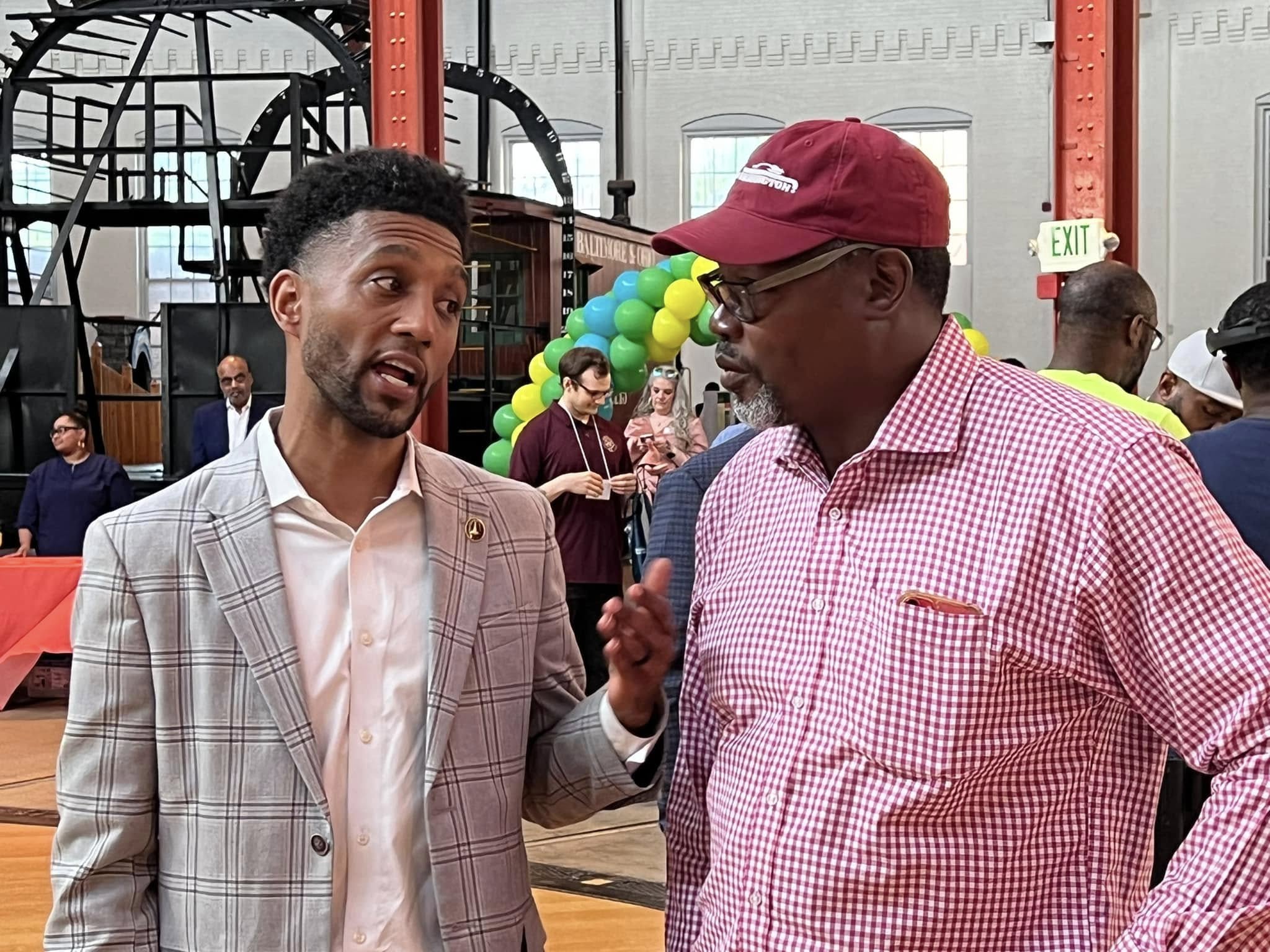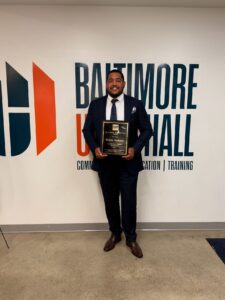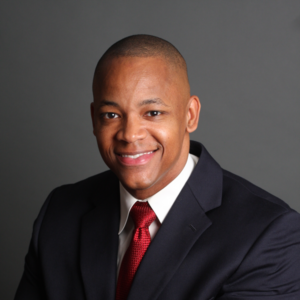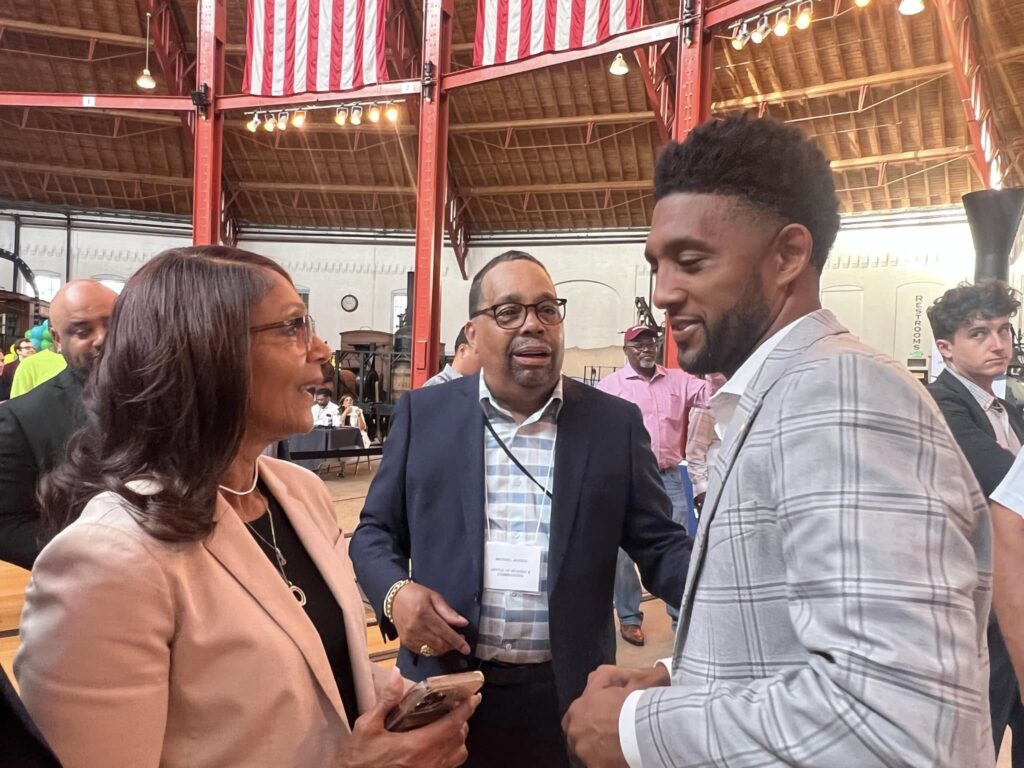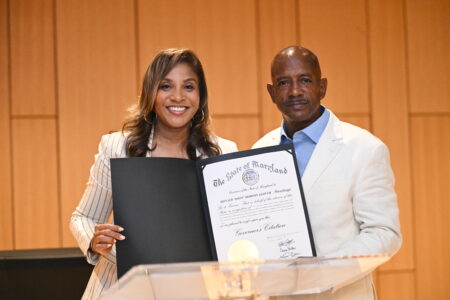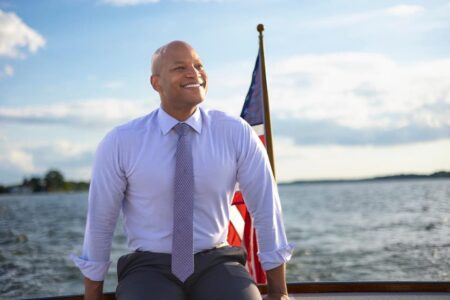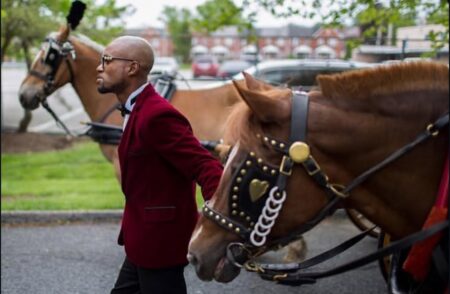Unequal contracts, unseen advocates, and the unstoppable rise of Black women in business
(BALTIMORE – May 8, 2025) – In Maryland, the Minority Business Enterprise (MBE) program was created to ensure that certified minority-owned businesses receive at least 29% of the total dollar value of state procurement contracts, either directly or through subcontracting. Baltimore City shares this 29% goal, applying it across 70 agencies and departments. Yet, despite the promise of equity, the reality falls short. According to Wayne Frazier, President of the Maryland-Washington Minority Companies Association (MWMCA), white women are the primary beneficiaries of this program, more so than any other minority group.
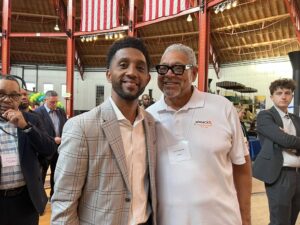
It’s a disheartening truth, especially considering the legacy of champions like Congressman Parren J. Mitchell, a trailblazer who fought tirelessly for Black-owned businesses and helped lay the foundation for the MBE framework. Today, even with dedicated Black professionals in government working hard to expand access to these opportunities, the lion’s share of the contracts continues to bypass Black-owned businesses.
Still, there are warriors in our midst. Former Baltimore Mayor Sheila Dixon and Wayne Frazier have long been behind-the-scenes advocates, fiercely pushing for Black businesses to receive their fair share. Their work builds on the legacy of earlier pioneers like Rev. Doug Sands, Attorneys Robert Dashiell and Arnold Jolivet, Pless Jones, Raymond V. Haysbert, Sr., and Robert Lee Clay—individuals who gave their time, resources, and in some cases, their lives to create space for Black economic power.
Having grown up in a Black family-owned business, I’ve witnessed both the highs and lows. Success in this space requires constant evolution—adapting to political winds, economic challenges, and systemic roadblocks. But amid all the struggle, one group continues to shine: Black women entrepreneurs.
Despite the disproportionate impact of the pandemic, Black women are leading a historic rise in entrepreneurship. According to the Brookings Institution, they now represent America’s fastest-growing segment of business owners, with nearly 20% growth between 2017 and 2020, outpacing both women-owned and Black-owned businesses. While their average revenue still trails that of other groups, it’s growing at a faster pace, reflecting resilience, innovation, and an unshakable belief in their own power.
